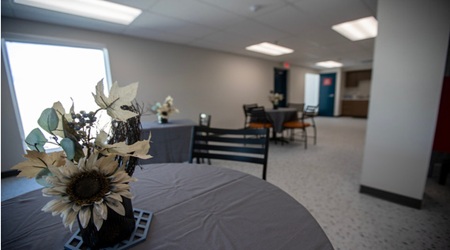Pima County funding for affordable housing projects open for applications

PIMA COUNTY (Oct. 3, 2025) — Pima County is accepting applications for funding to support the development, preservation, acquisition, or rehabilitation of affordable housing projects.
The Board of Supervisors has allocated $5 million in Fiscal Year 2025-26 for affordable housing gap funding, in addition to $3.5 million for direct assistance to keep residents safely housed.
Through this funding, Pima County aims to support a variety of projects. Applicants may request up to $1 million per project in the following categories:
- New Development – Rental projects
- New Development – Homeownership
- Existing Projects – Preservation, rehabilitation, acquisition, and/or adaptive re-use
- New Development – Bridge and/or transitional housing
While the County intends to fund at least one project in each category, it reserves the right to decline to award in any category, or to award at less than the requested amount.
Applications opened Oct. 1 with the posting of a request for proposal to qualified nonprofit and for-profit developers, contractors, builders, government agencies, and partnerships. Proposals are due by Oct. 31, 2025.
An evaluation committee from the Pima County Community & Workforce Development Department and other departments will review applications and make recommendations to the Pima County Regional Affordable Housing Commission, which will present funding recommendations to the Board in January 2026. The committee is prioritizing tribal community projects with bonus points in its scoring system.
The application, summary, and more information are available on Pima County’s website.
In June 2025, the Board strengthened its commitment to affordable housing by approving a 10-year policy starting next fiscal year that includes at least $200 million over the $50 million already in the base budget, along with the $8.5 million for this fiscal year.
These actions align with the housing priorities of the Board-approved Prosperity Initiative, a regional partnership working to reduce generational poverty.